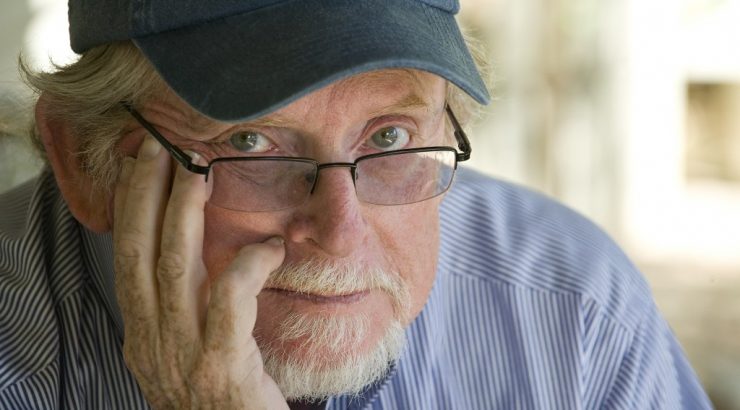
Intelligent Entertainment Richard Bausch’s latest Novel, Playhouse
March 21, 2023
 Wilkinson College of Arts, Humanities, and Social Sciences congratulates Richard Bausch (English), on the publication of his latest work, Playhouse (Alfred A Knopf, 2023). The story takes place in Memphis, Tennessee, where a theater company is putting together a production of Shakespeare’s King Lear for its gala opening, just after a complete renovation. But, the plot is more about the people involved than the play itself.
Wilkinson College of Arts, Humanities, and Social Sciences congratulates Richard Bausch (English), on the publication of his latest work, Playhouse (Alfred A Knopf, 2023). The story takes place in Memphis, Tennessee, where a theater company is putting together a production of Shakespeare’s King Lear for its gala opening, just after a complete renovation. But, the plot is more about the people involved than the play itself.
“Putting together the play is what provides the backdrop for the problems of the characters,” said Bausch, an award-winning author of thirteen novels and nine volumes of short stories.
There are three main characters that Bausch weaves together throughout the story. Thaddeus Deerforth, the theater manager and artistic director; Claudette Bradley, the company’s best actor; and Malcolm Ruark, the company’s newest member, a former local news anchor.
“And then there are all those around them, which of course necessitated that I make a list of characters, which is rather a usual element of 19th and 20th Century novels,” he said.
The story takes place with sixty-four days to go till opening night, diving quickly into the characters and their troubled lives.
Thaddeus is worried about his marriage to Gina Donato, the company’s chief set designer, as she appears to be sinking into depression, and thinking of leaving him; Claudette is dealing with the fact that her father is in a rest home and the lead actor of Lear, a celebrity, is hitting on her, all while her unpredictable ex-husband returns to the city; and Malcolm Ruark is attempting to put his life back together after a disastrous divorce involving his young niece by marriage; and his trouble with alcohol/drug abuse, and recently losing his job as Anchor for the local television news station. And the whole company is working with the pretentious visiting director, who is planning to put the play on with Cordelia being deaf and mute, played by Malcom’s niece, signing her lines while the Lear’s Fool says them.
Did you get all that?
When asked what he hopes readers will gain from reading his new book, Bausch said, “Oh, I don’t have–and never have had–an idea of giving readers anything but intelligent entertainment, though I am bold enough to suppose that intelligent entertainment can provide some of what John Updike once called ‘The human news’–news of the spirit. It is, I hope, a story worth a grown up’s time.”

